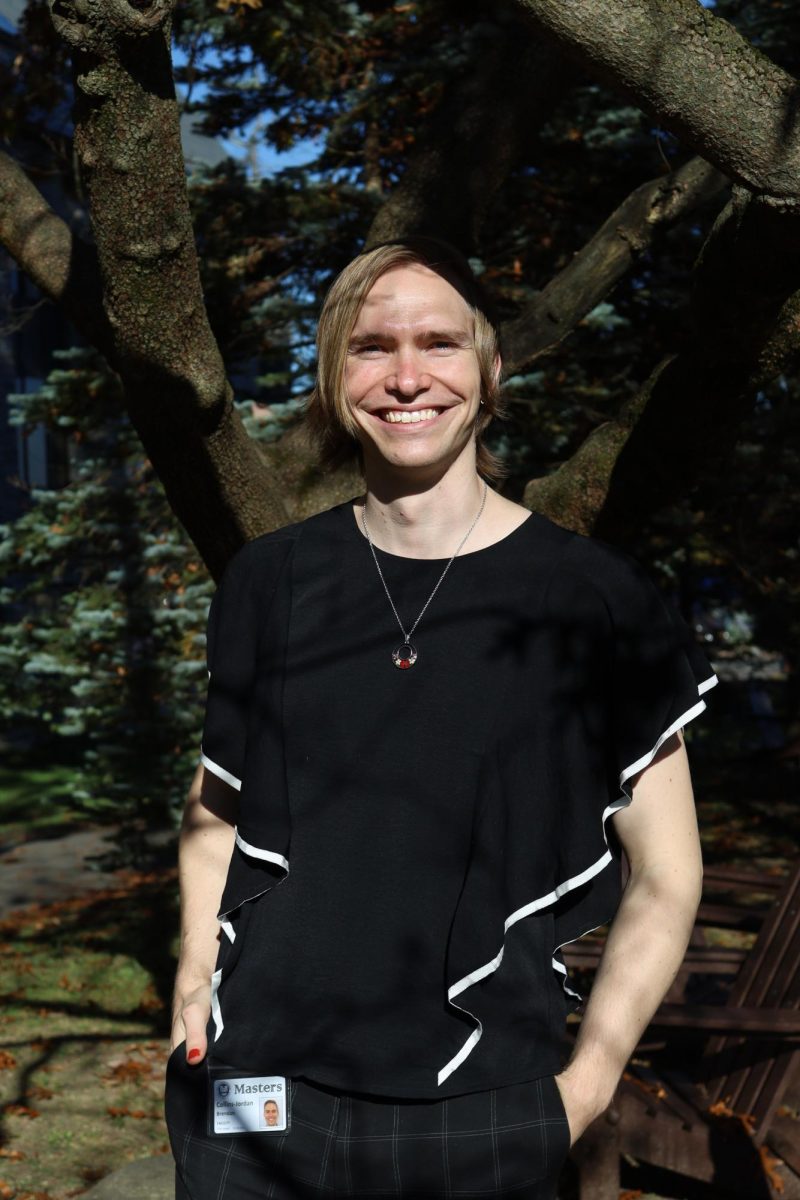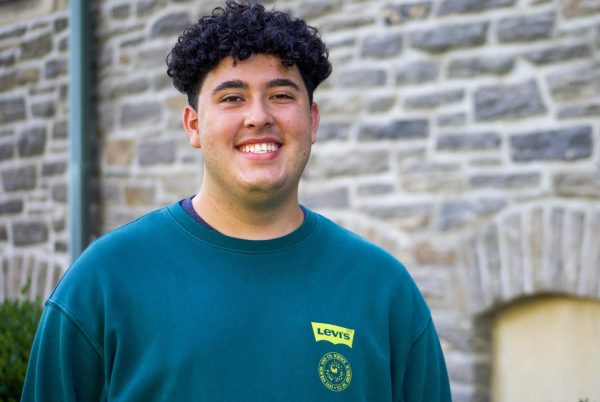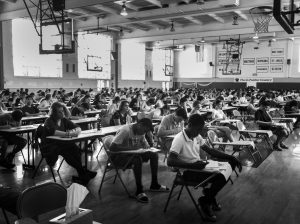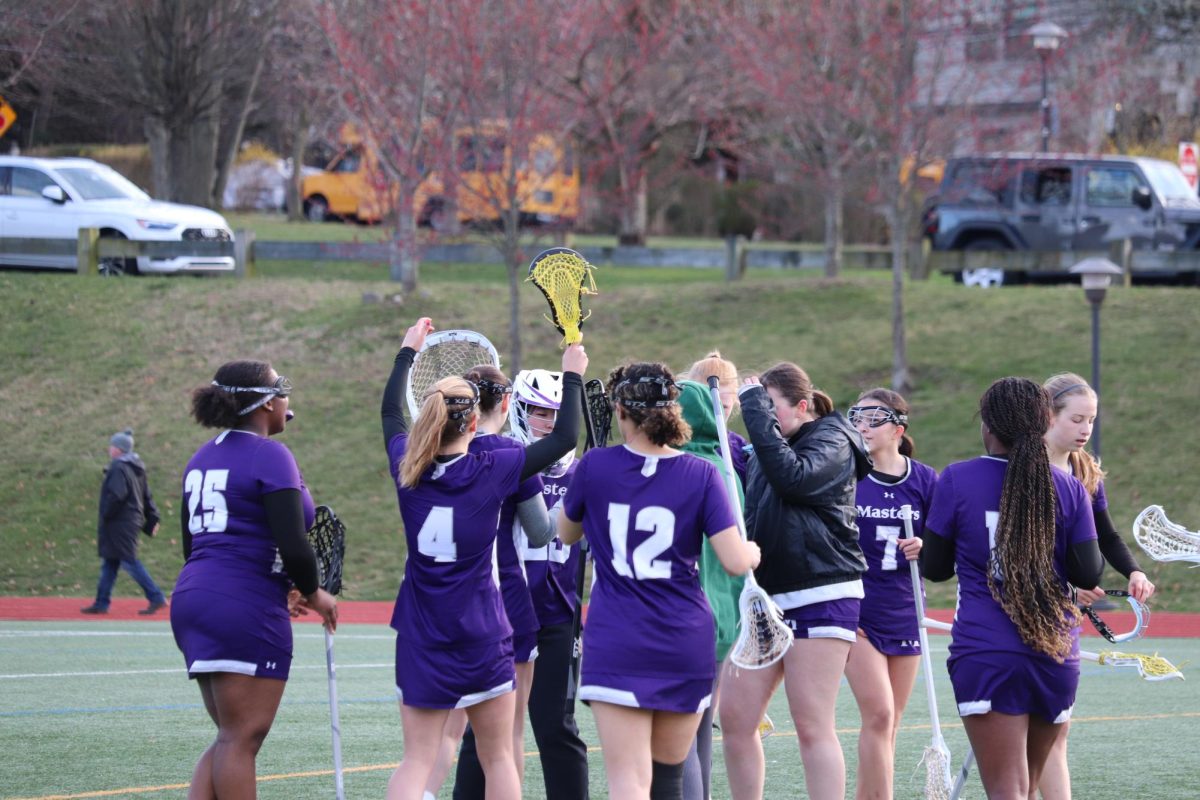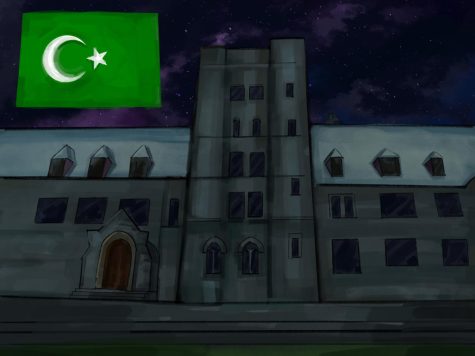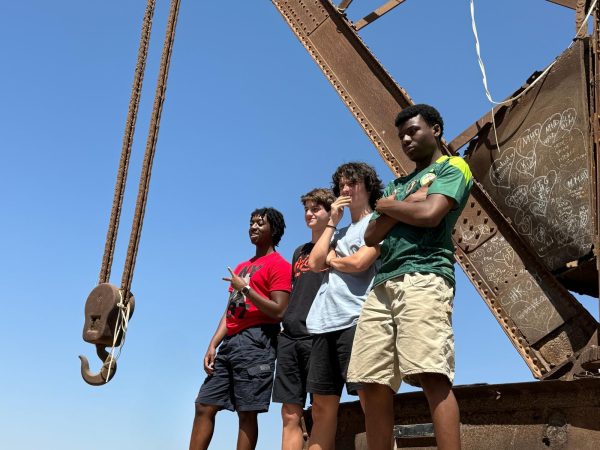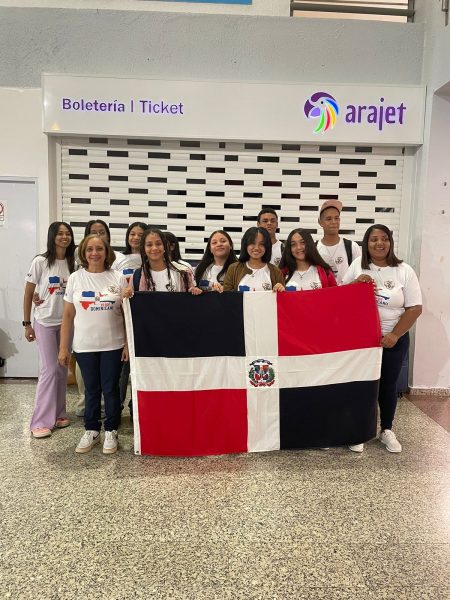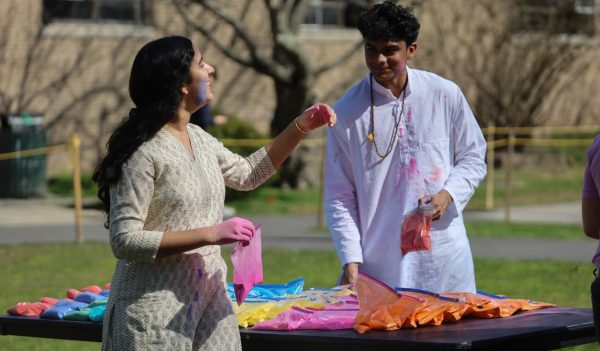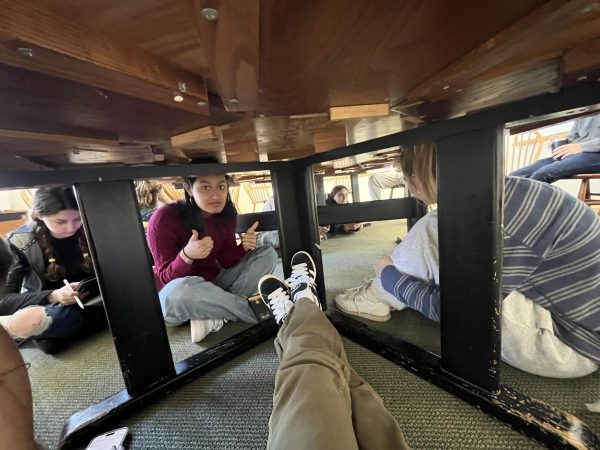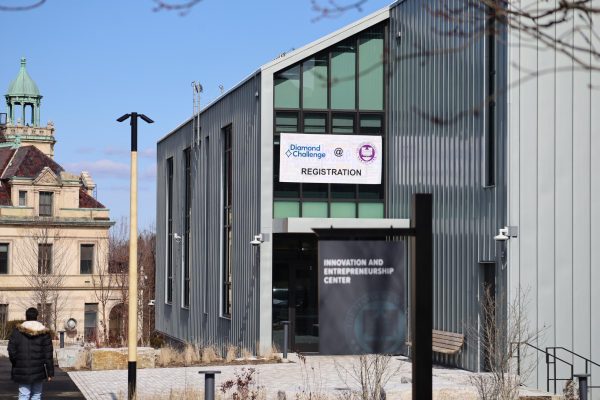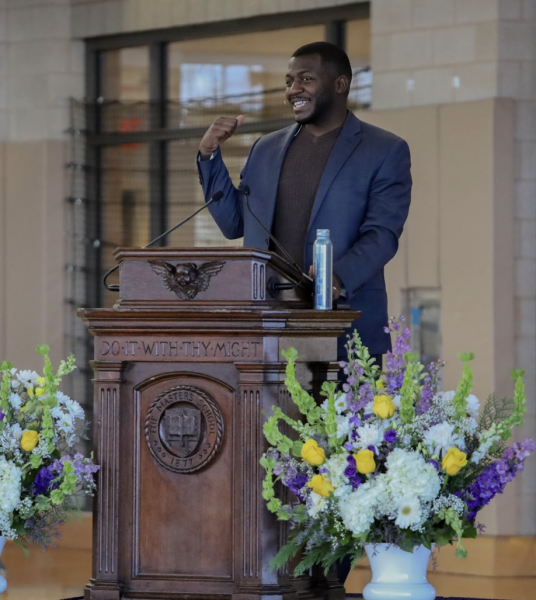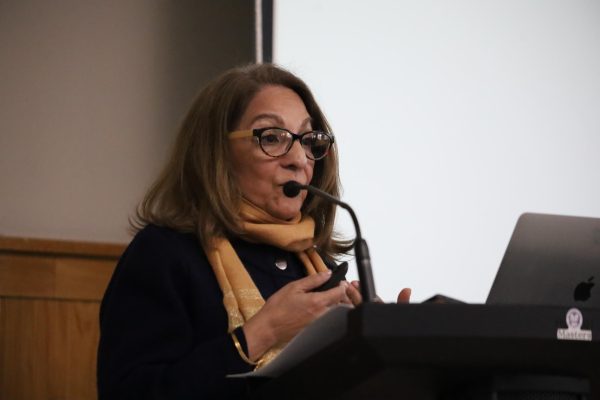Collins-Jordan to teach Latin American and Indigenous People’s Course
March 11, 2022
Juniors and Seniors interested in studying Latin American history and culture or Indigenous people in the Americas at Masters are now in luck. The History and Religion Department will offer 2 new semester courses called Modern Latin America and Indigenous History of the Americas which will run 2022-2023 school year. The semester minors will be open to juniors and seniors and taught by history and religion teacher Brendan Collins-Jordan.
The Latin American course will focus on major events like the construction of the Panama Canal, the Great Depression, the rise and fall of dictatorships, and challenges current Latin American countries face today.
Collins-Jordan wanted to teach a Latin American course because of his interest in Latin America. They said, “Latin America is something I’m really interested in and really want to teach. I’ve taught Latin American courses before and my training is as a Latin American historian. The dissertation that I’m working on is on Nicaragua. The Nicaraguan revolution and the sort of particular historical training that I’ve had while working on my Ph.D. has been focused on Latin American history. That’s kind of where I think my particular passion as a historian is. We also didn’t have a Latin America course, so I thought it would be a really good opportunity for students to learn more about Latin America”.
Sophomore Fía Marrison will take the Latin American history course next school year. She said, “I’m really excited to take a class on Latin American history and not just focus on the U.S all the time”. Marrisson’s family is from Guatemala and she’s excited to learn more about where she and her family is from and the history of where she came from. Marrisson finally said, “I want to learn about places other than Europe and the US. That’s almost all of what history focuses on. In Mx.Collins-Jordans religions class we got to learn using a lot of different sources and not just a textbook. I’m excited to see a bunch of different perspectives”.
Collins-Jordan believes that this course has a wide variety of things to offer students. They said, “I think one of the things that Latin American history offers us is a range of ideas about democracy and popular democracy and the role of collective rights in society that are quite different from the idea of rights and democracy in the US. It’s really productive to engage with those ideas and think about the ways that Latin American states and societies have really proposed visions of how to do the public good. I think there’s a lot of really good learning that can come from studying Latin America. For those who are interested in politics or social welfare, activism, or anything like that, I think there’s a lot to learn from this course. I think there’s gonna be a lot in this course to offer those students”.
The indigenous people’s course will focus on Indigenous societies from North, South, and Central America from before and after colonization. The course will also highlight issues of environmental, racial, and social justice that modern-day Indigenous people and societies face today.
Collins-Jordan, who learned a lot about indigenous peoples while in college at the University of Montana, will be teaching the course. Montana has a state mandate that ensures that indigenous people are included into the school curriculum. Through his experience in university, he learned a lot about indigenous people.
Collins-Jordan said, “it’s very important for people in the U.S. to learn about indigenous history because it’s something that shapes the world we live in, and it’s something that’s rarely acknowledged or taught in schools or even public discourse”.



